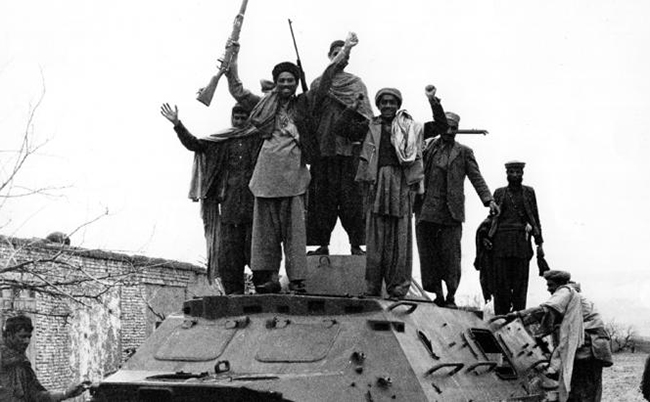The social Reintegration of the ex-combatants is the most difficult task in decisively bringing civil conflicts to an end. A reintegration program to bring ex-combatants back into society has been multifaceted and there has been growing interest in community based activities in post conflict settings around the world. Community based reintegration policies and strategies have been implemented in countries as diverse as Malaysia, Nigeria, Colombia, Afghanistan and many other countries. One of the interesting issues in these programs is the theory that the social participation of ex-combatants in the communities where they settle and their acceptance are helpful for minimizing or maximizing (based on where they are settled) recidivism to illegal activities and strengthening reconciliation of armed conflicts.
There are several reasons why social reintegration is important to a successful reintegration of the ex-combatants. Firs, social reintegration may assist to limit the resource of civil war. Second, Social reintegration include special challenges in comparison to other aspects of reintegration (political, economic) because of the interactive nature of social interface that emphasizes on relationships with other actors. As an ex-combatant, participating in the activities of a community of formal social groups may contain exposing oneself and facing security dilemma risks from armed groups. Ex-combatants in their interactions with community members, may face stigma, jealousies over demobilization incentives, and animosities between victimizers and victims that further accelerate reconciliation. It also may demotivate the ex-combatants and they may even rejoin to the armed groups or may resume their illegal activities. If community-level reintegration is well designed, such efforts may help balance the rights and interests of the community with the help provided to ex-combatants, fostering a feeling of inclusion and enhancing the legitimacy of the GoIRA programs.
Third, While everyday form of social life and political participation have been studied for decades in the fields such as sociology, the social participation of ex-fighters may contain potentially unique challenges because these people may have undergone great trauma, have limited human capital and social connections and live in dangerous settings.
We assume that community characteristics are vital and find that where there are higher rates of participation in organizations among the general population there are higher levels of ex-combatant participation. By contrast, communities with less social participation (and fewer participation opportunities for ex-combatants) are associated with higher levels of organization among ex-combatant themselves. Considering the geographical location where most ex-combatant belong to, this is a potential threat to the social reintegration of ex-combatant in Afghanistan. Because Research findings show, most of them settle in the areas not only terrorism activities are high but also the rate of other illegal activities are high as well. This may speak to the individual of agency of ex-combatants to seek opportunities for social contact and organization, wherever those opportunities may lie. Security risks, such as living near ongoing armed conflicts, are not found to be significantly related to lower community participation be ex-combatants, but are in connection with higher rate of organizing among ex-combatants.
In sum, as we explored in this brief article social reintegration of ex-combatants is of significant importance for succeeding any reintegration program. Social reintegration due to its social interaction nature may either provide a supportive social integration for the ex-combatants or motivate the ex-combatants to reorganize with the illegal elements. Afghanistan reintegration, suffer heavily from unrealistic and non-research based reintegration programs. Lack of considering the social fabrics and social empathy in certain parts of the country with the terrorist and illegal armed groups not only has acted as a barrier to social integration but alsomotivated the ex-combatant to regroup once more.
Home » Opinion » The Social Reintegration of the Ex-combatants in Afghanistan
The Social Reintegration of the Ex-combatants in Afghanistan
| Mohammad Sakhi Rezaie

